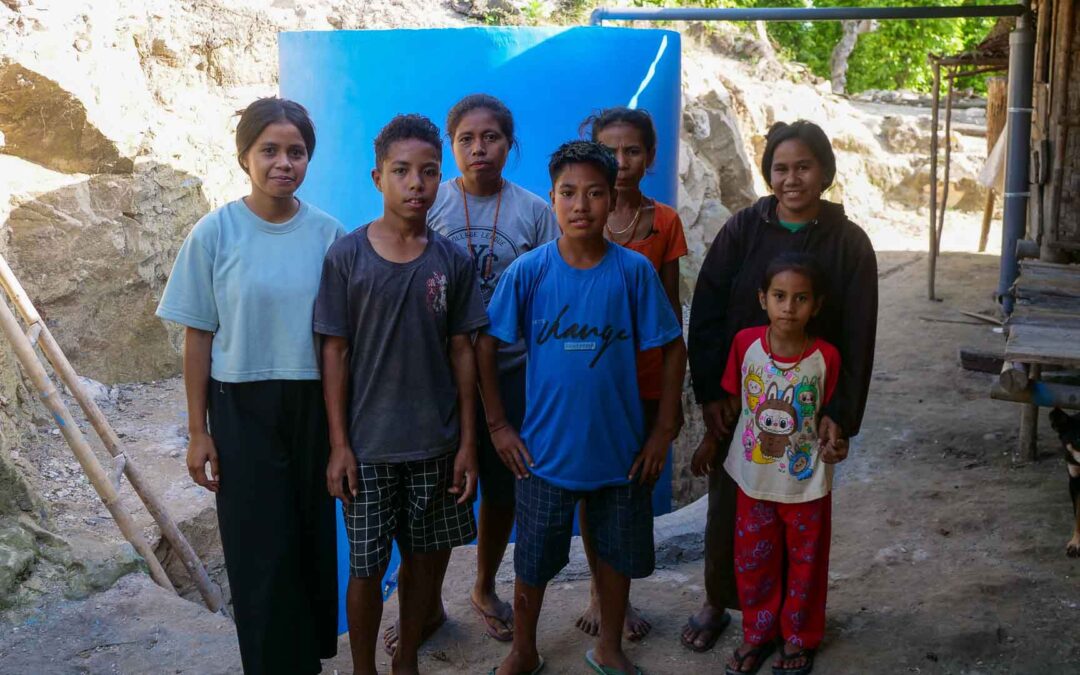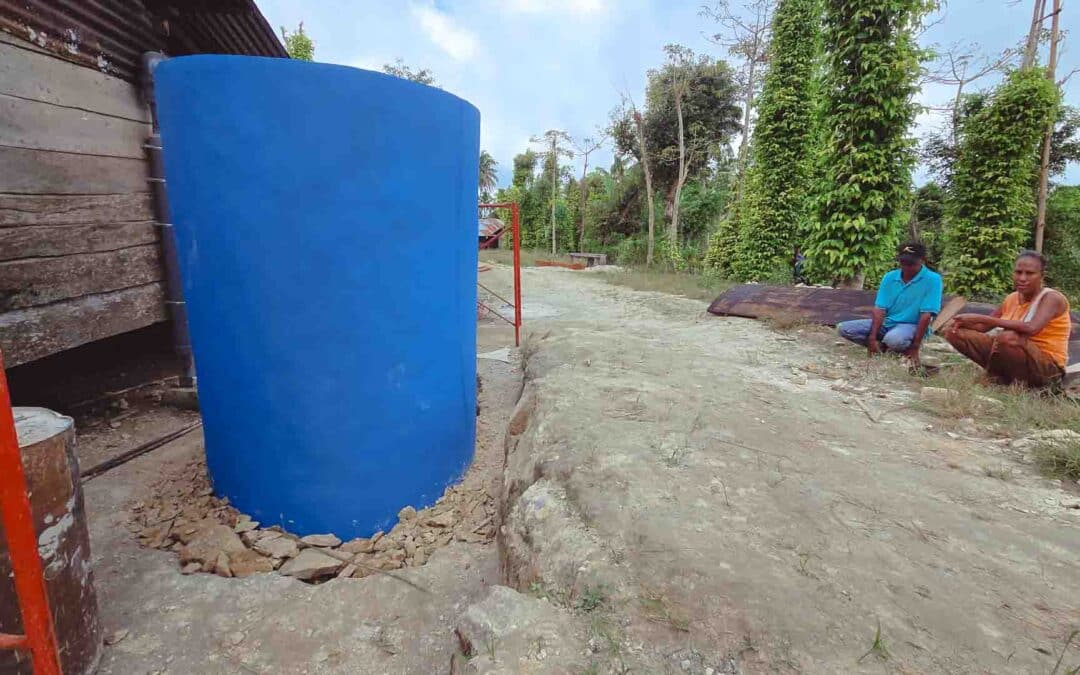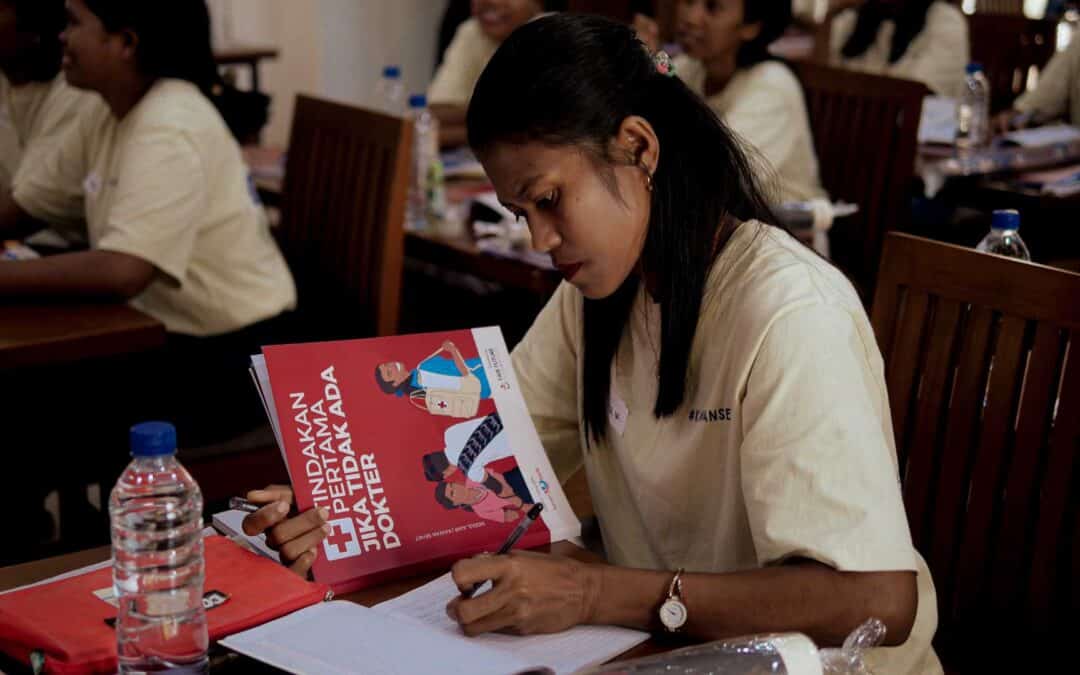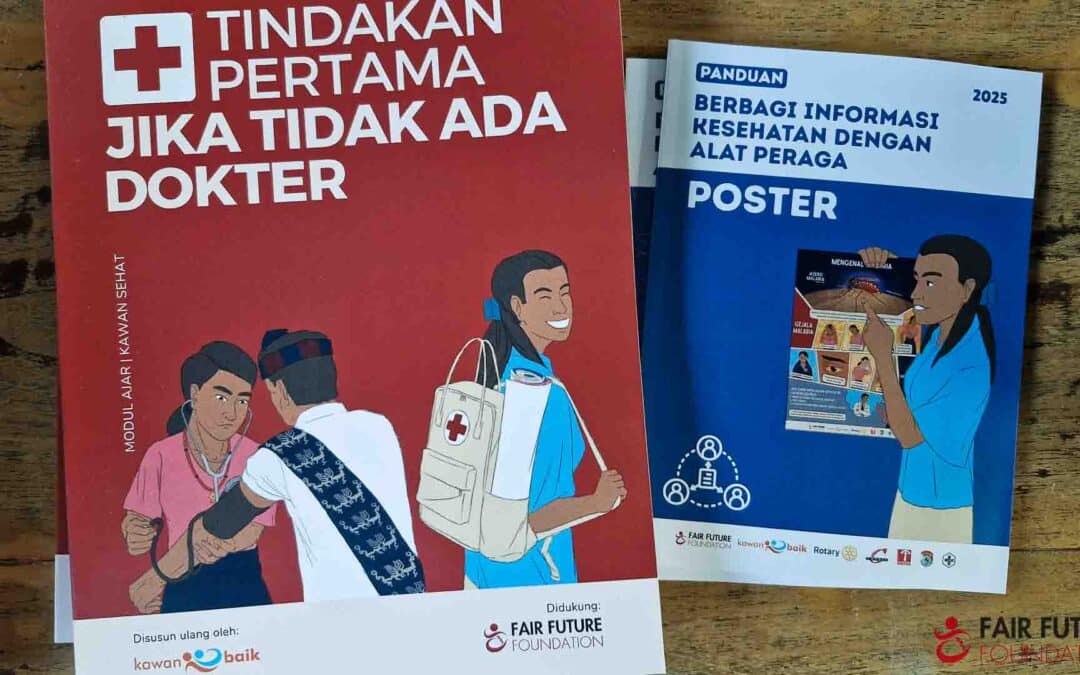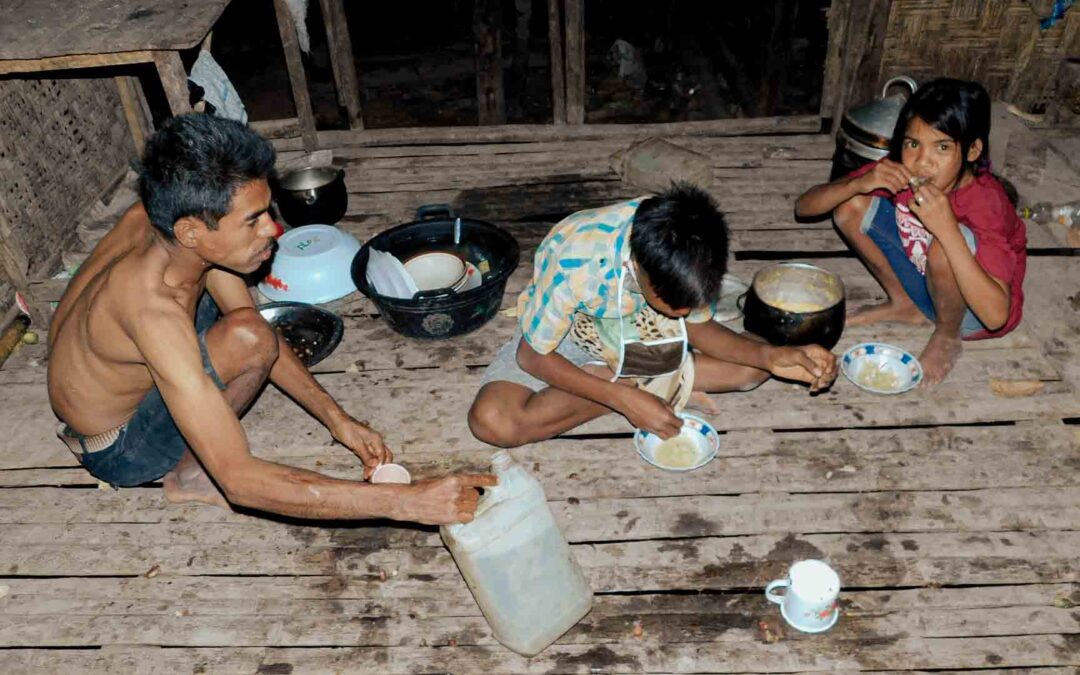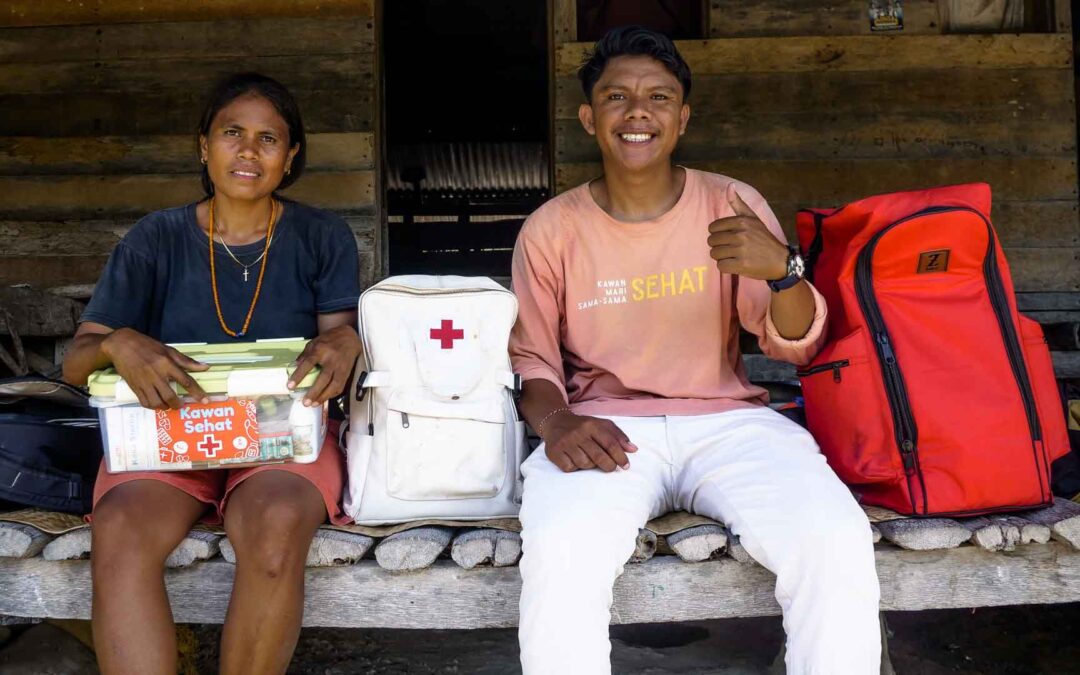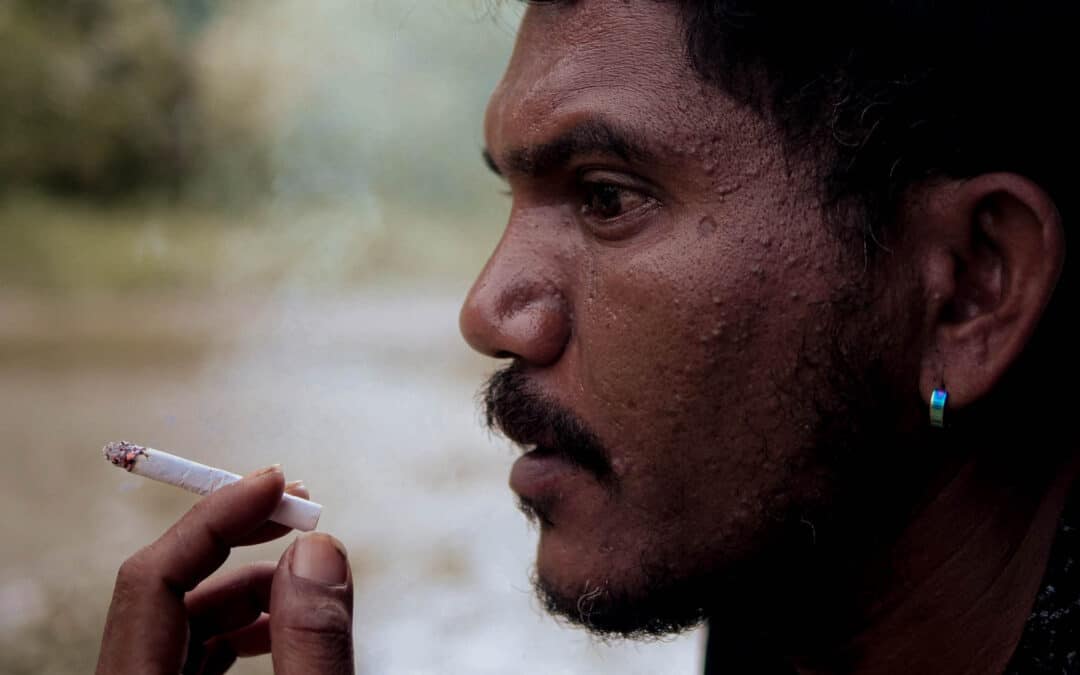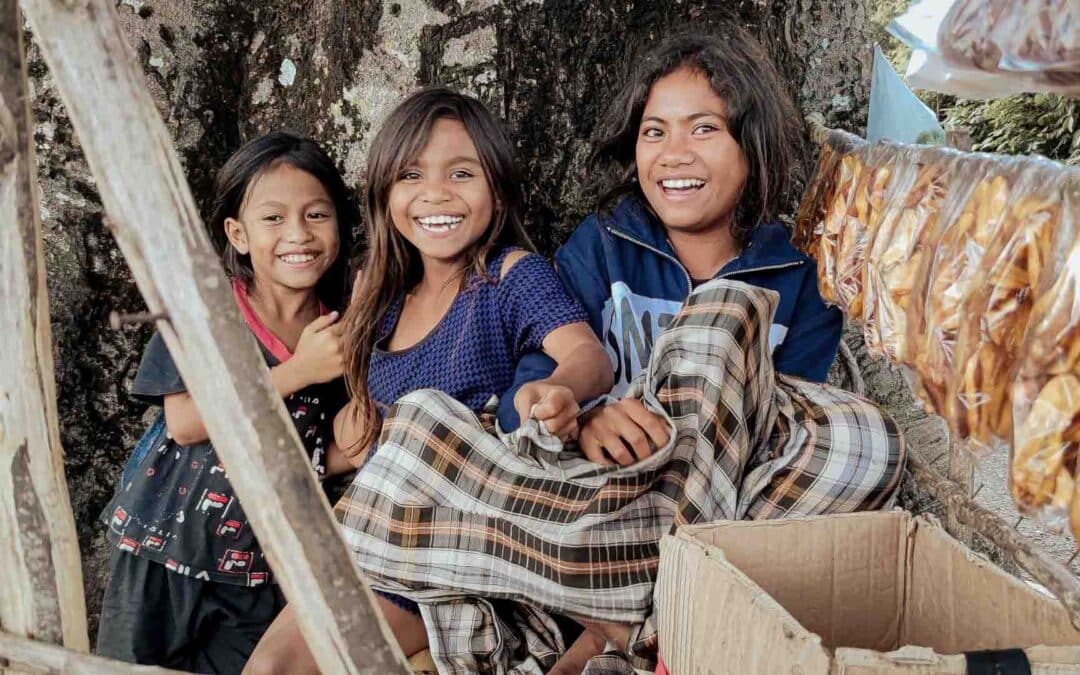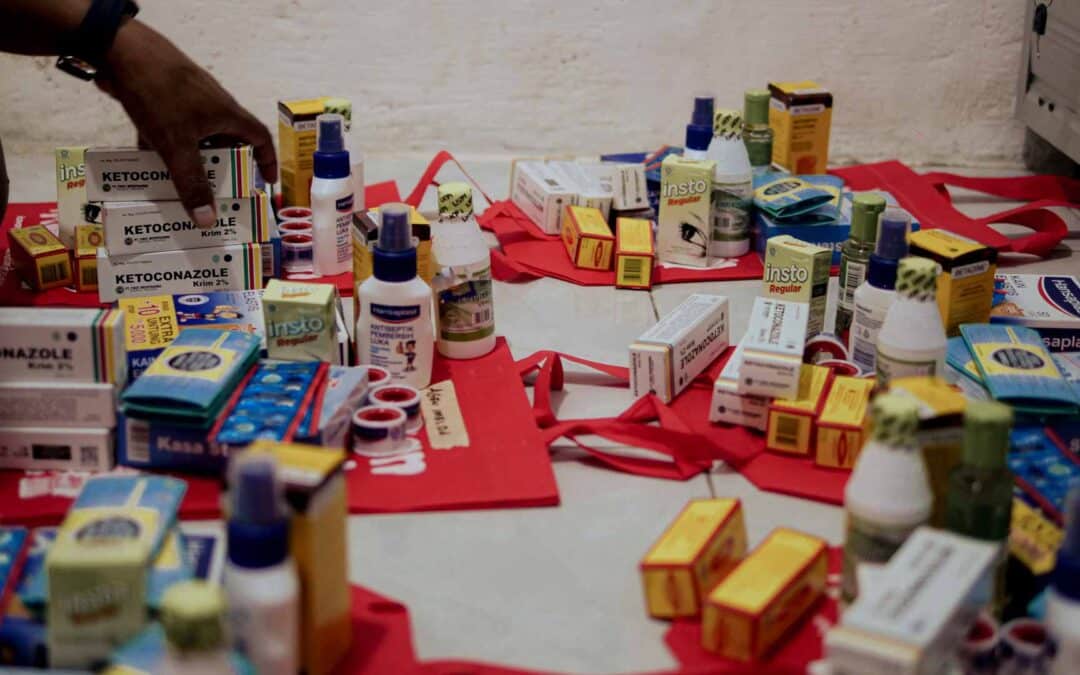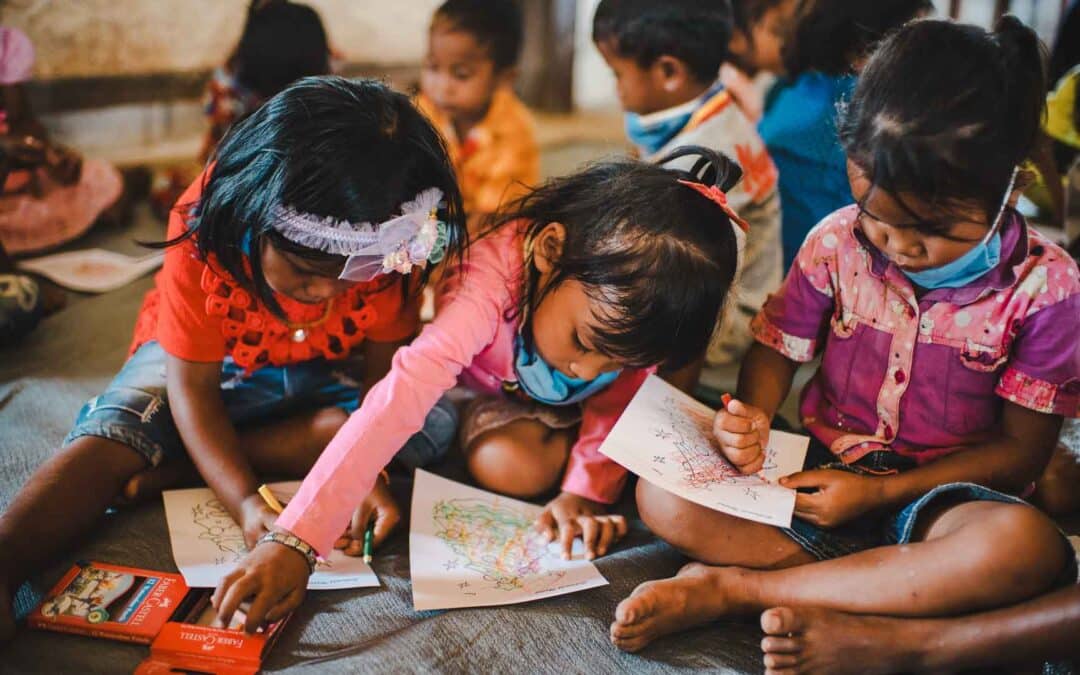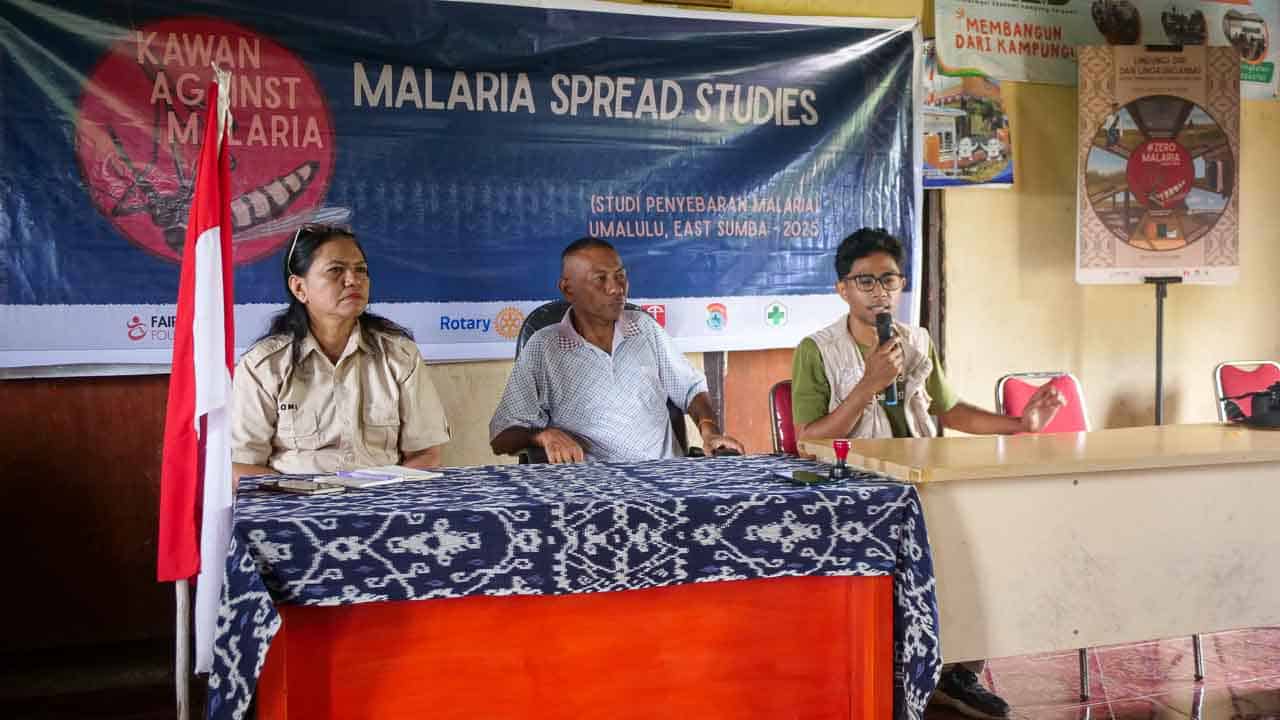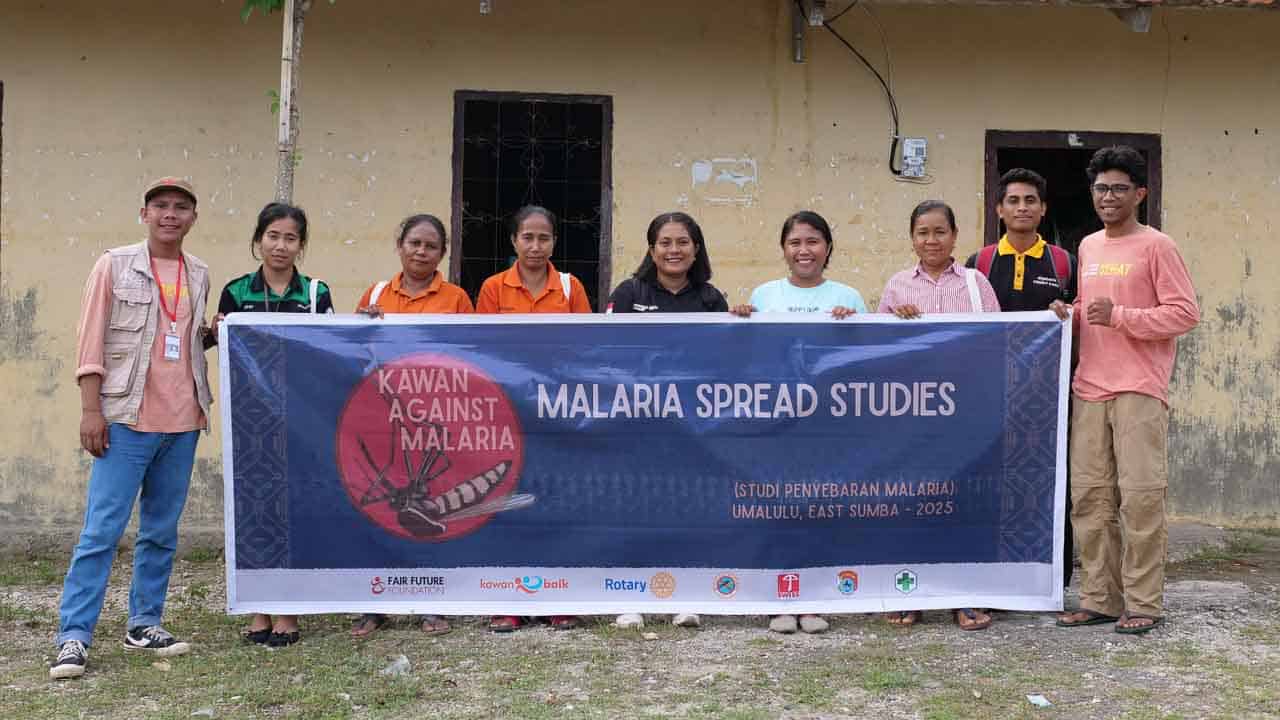Kawan Sehat health workers provide life-saving medical care and first aid in remote villages lacking healthcare access.
Pictures capture the remarkable work of Kawan Sehat health workers as they care for vulnerable communities where medical resources are scarce.
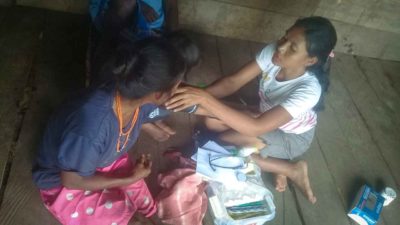
This innovative program demonstrates that, with the appropriate training and tools, even the most remote communities can access life-saving medical care.
The photos you’re about to view are more than mere snapshots—they offer a direct glimpse into the efforts of Kawan Sehat health agents. These images, captured by the agents during their fieldwork, reveal what it takes to deliver healthcare in some of Indonesia’s most remote areas. Armed with new medical kits containing over 100 essential items, these women provide crucial first aid and urgent care that can be life-saving.
Each kit contains a comprehensive selection of items, including bandages, antiseptics, and medications. These supplies empower agents to address injuries, prevent infections, and stabilize patients during emergencies. The photos capture their daily efforts: providing medical care to sick children, assisting pregnant women, and tending to the elderly in areas with minimal healthcare access.
In highly rural areas, there are no nearby hospitals, and local Puskesmas healthcare centres can be hours away, with uncertain access to doctors or medicine. Minor illnesses or injuries could become life-threatening without the Kawan Sehat agents‘ assistance. However, these women, trained and equipped through the Primary Medical Care program, save hundreds—if not thousands—of lives annually.
“These women are the lifeline of their communities. Without them, even simple injuries could become fatal. They are saving lives every day.”
– Alex Wettstein, CEO and Founder of Fair Future
As it enters its third year, the program has advanced to offer enhanced equipment and increased support for these health agents. Their role is not to provide long-term medical care but to deliver immediate treatment, prevent complications, and educate their communities on essential health matters.
These women are vital support in their villages, providing first aid, offering health guidance, and assisting families in understanding disease prevention. Without them, the most vulnerable—children, the elderly, and pregnant women—would lack access to essential care.
The 100 photos showcase their dedication, skill, and the challenging conditions they encounter. Each image captures a narrative of care, survival, and communities that depend on these remarkable women for health and safety.
Today, October the 11th, 2024 – Alex Wettstein
Why Primary Medical Care is Essential and Life-Saving
The Primary Medical Care program plays a crucial role in delivering life-saving healthcare to extremely remote areas where no other medical resources are available.
Trained Kawan Sehat health agents work diligently to prevent minor injuries and illnesses from escalating into fatal conditions by offering immediate care, first aid, and essential health education. Without this program, thousands of people would be deprived of access to medical treatment.
It is imperative to sustain this program to ensure that these vulnerable communities have continuous access to healthcare.



